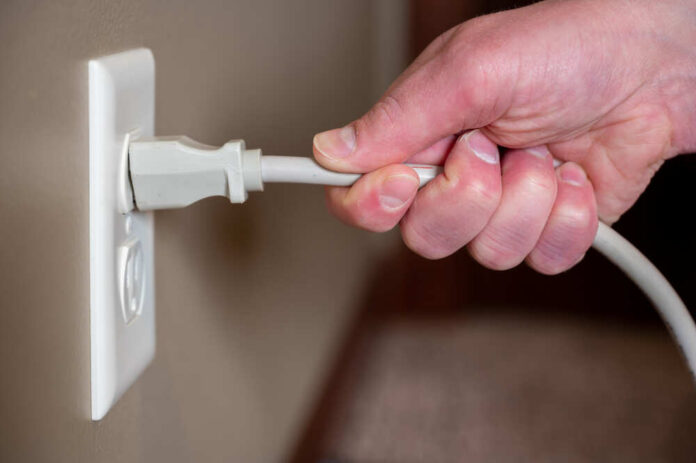
Mercedes-Benz, the German luxury car maker, has decided to recalibrate its ambitious plan to sell only electric vehicles (EVs) after 2030, citing pragmatic considerations and market dynamics.
The initial fervor for a full-scale transition to EVs, announced three years ago with a $47 billion investment, has encountered hurdles, prompting a reassessment of the company’s strategy. CEO Ola Källenius, once bullish on the transition’s profitability, now acknowledges the need to adapt to evolving market demands.
Mercedes-Benz toned down expectations on electric vehicle demand and said it will update its combustion engine lineup well into next decade, becoming the latest carmaker to flag a slower than expected appetite for battery-powered cars https://t.co/rrynmlhVJW pic.twitter.com/4rDle26biD
— Reuters (@Reuters) February 22, 2024
In the latest quarterly earnings report, Mercedes-Benz emphasized that customer preferences and market realities will dictate the pace of transformation. The company aims to offer a range of options, including electrified combustion engines, well into the 2030s to cater to diverse consumer needs.
This shift underscores the brand’s recognition of the challenges posed by an exclusive focus on EVs. Despite initial aspirations, Mercedes-Benz now anticipates that electric vehicles will comprise around 50% of its sales by the latter half of the decade, a significant departure from its original plan.
The decision comes in the wake of notable incidents involving Mercedes-Benz EVs catching fire, raising concerns about safety and reliability. Dramatic incidents in Malaysia and Florida have highlighted the risks associated with electric vehicle technology, prompting scrutiny and caution.
Acknowledging the uncertainties in the EV landscape, Mercedes-Benz’s CFO, Harald Wilhelm, cautioned against complacency, emphasizing the need for sustainable strategies in a rapidly evolving market.
The shift in Mercedes-Benz’s approach reflects a pragmatic response to market realities and safety concerns, underscoring the challenges inherent in the transition to electric vehicles.














